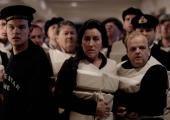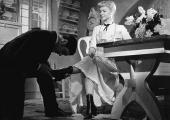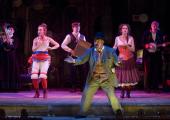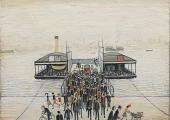South Downs/The Browning Version, Harold Pinter Theatre

Engrossing Rattigan and Hare double-bill makes a triumphant West End transfer
It's amazing what working on a masterpiece can do. Commissioned to write a companion piece to Terence Rattigan's magnificent one-act drama The Browning Version, David Hare has abandoned his journalistic tendencies and written a gently oblique play of controlled emotional eloquence.









